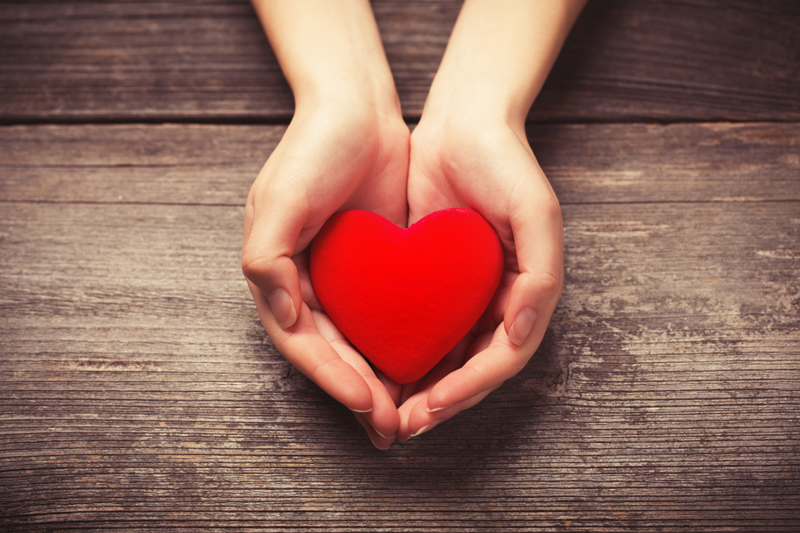Natural Insomnia Remedies

We have all had those nights when for some reason we can’t sleep, our minds might be racing with thoughts of the day, or perhaps the next day schedule. Having prolonged insomnia can interfere with normal daytime function, impair concentration and diminish memory. Recent surveys indicate that at least one out of three people have insomnia, but only 20% bring it to the attention of their physicians. Anyone with insomnia tends to experience one or more of the following sleep disturbances:
Common symptoms of insomnia include:
Stimulus Control Techniques ~ This technique involves learning to use the bedroom only for sleeping and intimacy. Individuals using this technique learn to go to bed only when tired and leave the bedroom when not asleep. They must also wake up at the same time every day, including weekends and vacations, regardless of the amount of sleep they had.
Cognitive-Behavioral Therapy ~ This therapy is intended to re-establish healthy sleep patterns by helping an individual cope with his or her sleep problem. One cognitive-behavioral approach, called paradoxical intention, helps to retrain an individual's fears of sleep by doing the opposite of what is causing the anxiety. For example, a person with insomnia worries long before going to bed about not being able to sleep and the difficulty he or she will have at bedtime. Rather than preparing to go to sleep, therefore, the person prepares to stay awake. Another cognitive-behavioral technique, called thought stopping, allows a person with insomnia a certain period of time to repeatedly and continuously think about going to bed. This technique helps "wear out" the anxiety associated with going to bed, and decreases the likelihood that he or she will obsess about falling asleep at other times.
Relaxation Training Techniques ~ Progressive relaxation, meditation, yoga, guided imagery, hypnosis, or biofeedback can break the vicious cycle of sleeplessness by decreasing feelings of anxiety about not being asleep. Studies indicate that these therapies significantly reduce the amount of time it takes to fall asleep, increase total sleep time, and decrease the number of nightly awakenings
Acupuncture ~ Some reports suggest that acupuncture may have a nearly 90% success rate for the treatment of insomnia. Through a complex series of signals to the brain, acupuncture increases the amount of certain substances in the brain, such as serotonin, which promote relaxation and sleep. Studies of elderly people with sleep disturbances suggest that acupressure enhances sleep quality and decreases awakenings during the night. An acupressure practitioner works with the same points used in acupuncture, but stimulates these healing sites with finger pressure, rather than inserting fine needles.
A variety of behavioral techniques have proved helpful in treating insomnia. These methods, with the guidance of a sleep specialist or a sleep specialty team, are singly used to treat insomnia, but they may also be combined with other methods of treatment.
Common symptoms of insomnia include:
- Difficulty falling asleep at nigh despite being tired
- Waking too early in the morning
- Waking frequently throughout the night
- Not feeling refreshed after sleep
- Daytime drowsiness
- Fatigue
- Irritability
- Difficulty concentrating
- Impaired ability to perform normal activities
- Anxiety as bedtime approaches
- Substance abuse, consuming excessive amounts of caffeine, alcohol, recreational drugs, or certain prescription medications; smoking can cause restlessness.
- Menopause, between 30% and 40% of menopausal women experience insomnia; this may be due to hot flashes, night sweats, anxiety, and/or fluctuations in hormones
- Hormonal changes during menstrual cycle, insomnia may occur during menstruation; sleep improves mid-cycle.
- Advanced age, biological changes associated with aging, underlying medical conditions, and side effects from medications all contribute to insomnia
- Medical conditions, gastroesophageal reflux (return of stomach contents into the esophagus; frequently causes heartburn), fibromyalgia or other chronic pain syndromes, heart disease, arthritis, attention deficit hyperactivity disorder, and obstructive sleep apnea (difficulty breathing during sleep)
- Psychiatric and neurologic conditions, anxiety, depression, manic-depressive disorder, dementia, Parkinson's disease, restless leg syndrome (a sense of indescribable uneasiness, twitching, or restlessness that occurs in the legs after going to bed), post-traumatic stress disorder
- Certain medications, decongestants, bronchodilators, and beta-blockers
- Exercising regularly
- Avoiding caffeine and nicotine
- Getting regular exposure to late afternoon sun, stimulates release of melatonin which helps regulate circadian rhythm
- Practicing stress reduction techniques such as yoga, meditation, or deep relaxation
Stimulus Control Techniques ~ This technique involves learning to use the bedroom only for sleeping and intimacy. Individuals using this technique learn to go to bed only when tired and leave the bedroom when not asleep. They must also wake up at the same time every day, including weekends and vacations, regardless of the amount of sleep they had.
Cognitive-Behavioral Therapy ~ This therapy is intended to re-establish healthy sleep patterns by helping an individual cope with his or her sleep problem. One cognitive-behavioral approach, called paradoxical intention, helps to retrain an individual's fears of sleep by doing the opposite of what is causing the anxiety. For example, a person with insomnia worries long before going to bed about not being able to sleep and the difficulty he or she will have at bedtime. Rather than preparing to go to sleep, therefore, the person prepares to stay awake. Another cognitive-behavioral technique, called thought stopping, allows a person with insomnia a certain period of time to repeatedly and continuously think about going to bed. This technique helps "wear out" the anxiety associated with going to bed, and decreases the likelihood that he or she will obsess about falling asleep at other times.
Relaxation Training Techniques ~ Progressive relaxation, meditation, yoga, guided imagery, hypnosis, or biofeedback can break the vicious cycle of sleeplessness by decreasing feelings of anxiety about not being asleep. Studies indicate that these therapies significantly reduce the amount of time it takes to fall asleep, increase total sleep time, and decrease the number of nightly awakenings
Acupuncture ~ Some reports suggest that acupuncture may have a nearly 90% success rate for the treatment of insomnia. Through a complex series of signals to the brain, acupuncture increases the amount of certain substances in the brain, such as serotonin, which promote relaxation and sleep. Studies of elderly people with sleep disturbances suggest that acupressure enhances sleep quality and decreases awakenings during the night. An acupressure practitioner works with the same points used in acupuncture, but stimulates these healing sites with finger pressure, rather than inserting fine needles.
A variety of behavioral techniques have proved helpful in treating insomnia. These methods, with the guidance of a sleep specialist or a sleep specialty team, are singly used to treat insomnia, but they may also be combined with other methods of treatment.

Editor's Picks Articles
Top Ten Articles
Previous Features
Site Map
Content copyright © 2023 by Victoria Abreo. All rights reserved.
This content was written by Victoria Abreo. If you wish to use this content in any manner, you need written permission. Contact Victoria Abreo for details.



